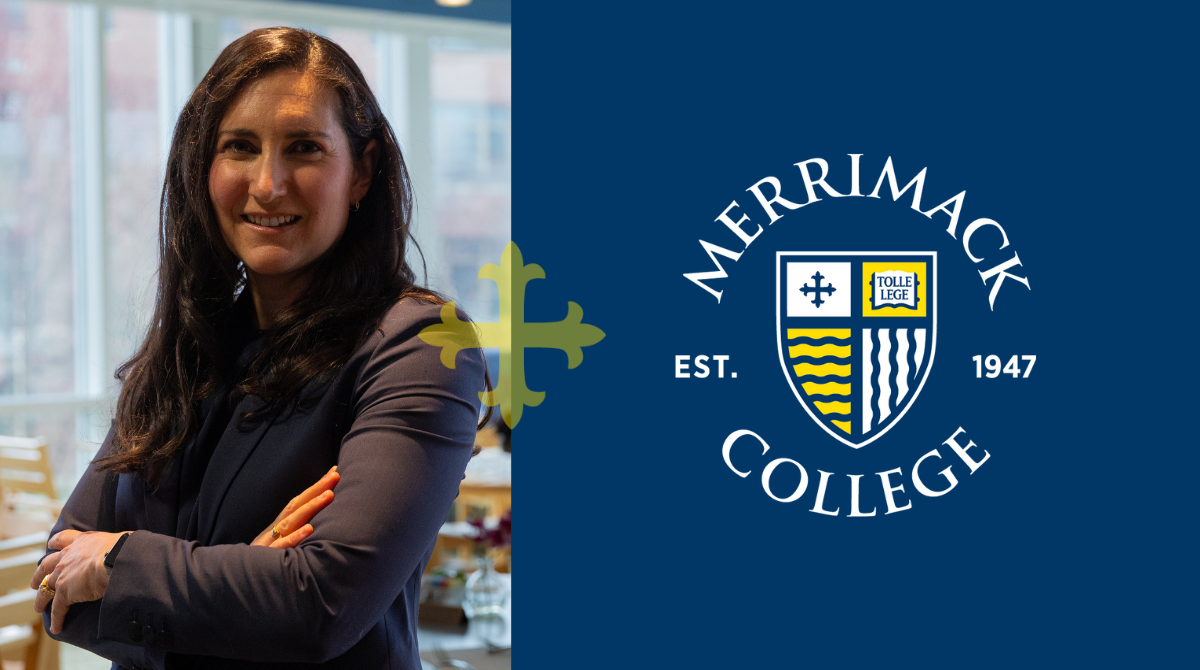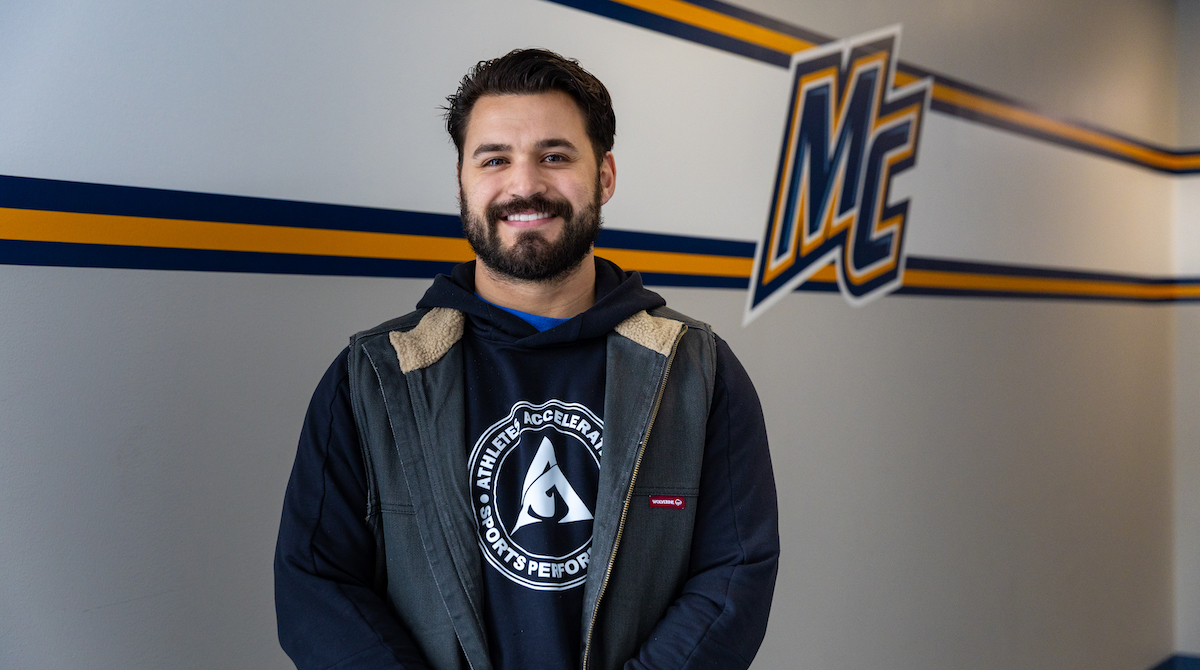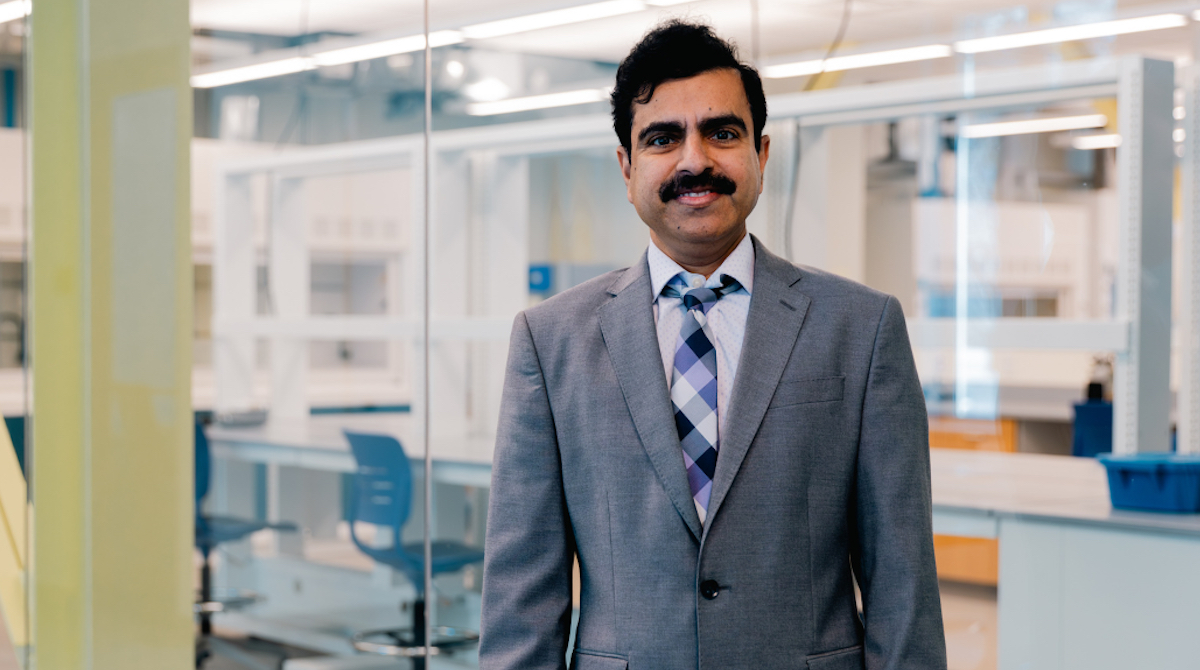Juliana Cohen, Merrimack College professor and world-renowned universal free school meal expert, will provide her insights at a conference on Wednesday, April 17, convened by the World Health Organization’s Regional Office for Europe and several Ukrainian ministerial offices.
Implementing a nationwide universal free school meal program is a priority of Ukrainian First Lady Olena Zelenska, Cohen noted, and the conference is an opportunity to explore how the country can adopt such a program. The offices that will be represented at the conference include the Office of the First Lady, Ukraine’s Ministry of Education and Science and the Ministry of Health.
“I’m excited to present this work because of its potential to impact the lives of millions of children who are especially suffering and facing food insecurity,” said Cohen, who is the director of Merrimack’s Center for Health Inclusion, Research and Practice. “It is particularly meaningful to think about how our research can translate into supporting the health and well-being of so many children.”
Cohen serves on the Research Consortium for School Health and Nutrition, which Ukraine’s Ministry of Health tapped to put together a policy briefing on the importance of expanding its free school meal program. The country does have a program in place that prioritizes internally displaced people as a result of the ongoing war against Russia. However, it is looking to ultimately include more schools. Cohen will present via Zoom the key aspects of the policy briefing to the conference, which is being held in Kyiv, Ukraine.
In the case of Ukraine, Cohen said free school meals can provide many benefits including improvement in child nutrition and mental health, as well as catalyze the economy by sourcing foods from local agriculture.
“Having children return to school has obviously been a challenge,” Cohen said. “Universal school meal programs not only ensure nutrition equity and lead to healthier students, but students are also more likely to show up to school.”
Cohen noted Ukraine can draw from several different examples from around the world in terms of the type of free school meal programs to implement. During the height of the COVID-19 pandemic, the U.S. provided free school meals to all students and today that decision is made at the state level. Some school districts in the U.S. utilize a community eligibility provision, which states that if a high enough percentage of students come from low-income families, all students in a school or district can receive free school meals.
“It provides a menu of choices for other countries for what would be feasible before going to a nationwide model,” Cohen said.





